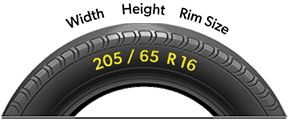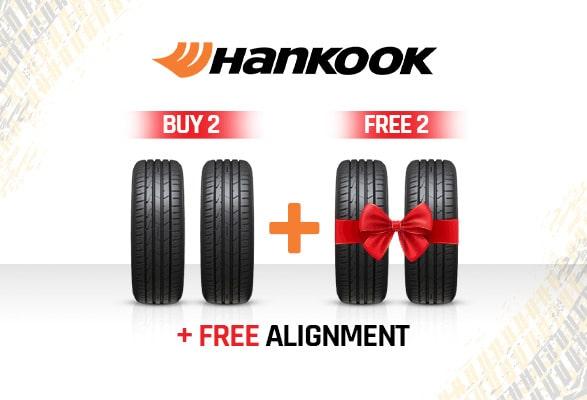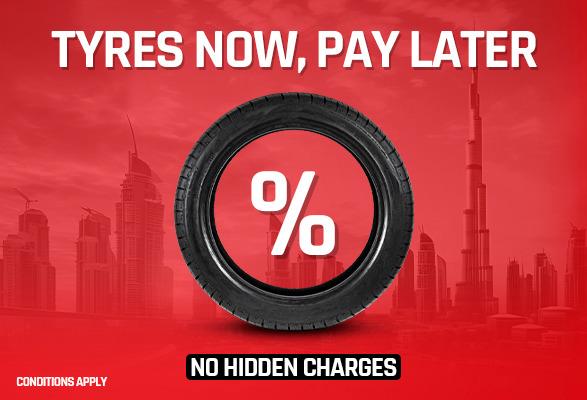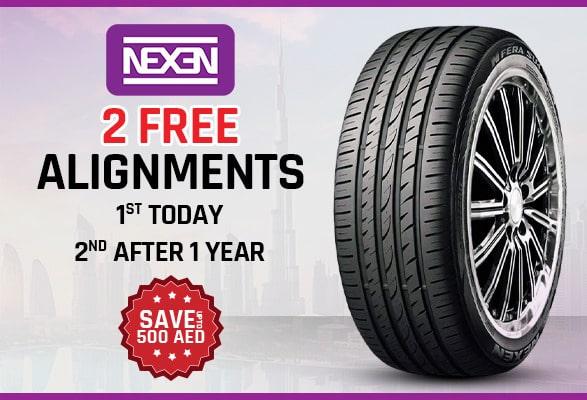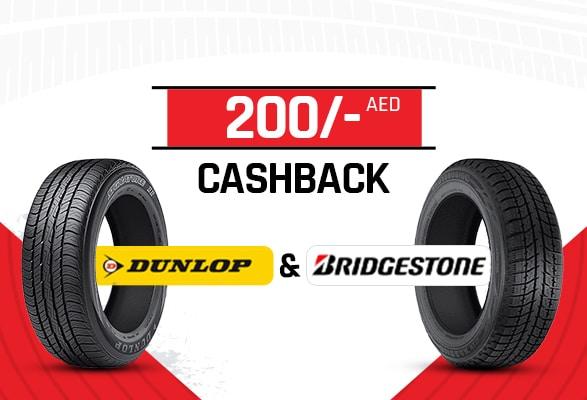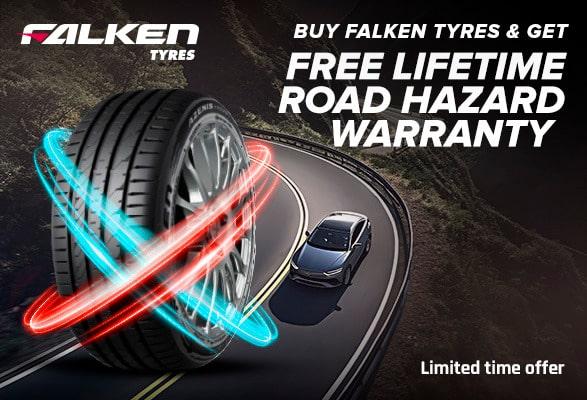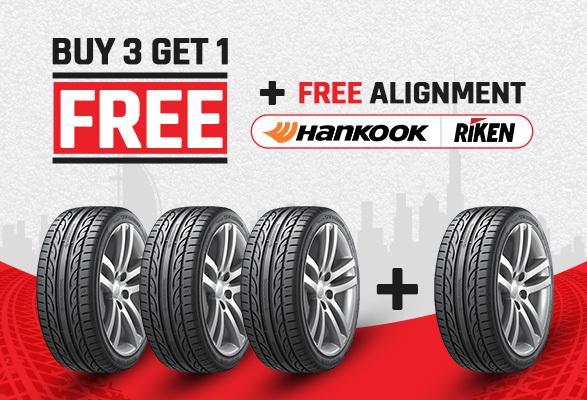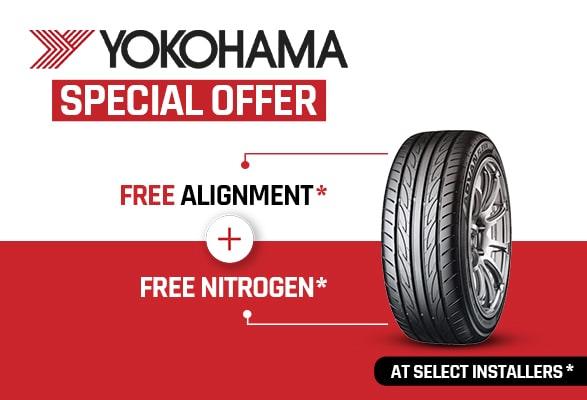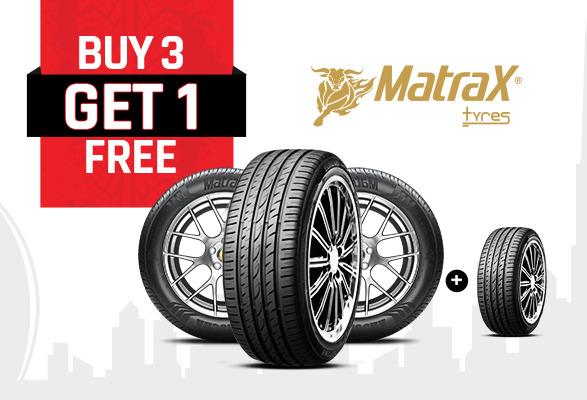Tips to Prevent Tire Burst - Warning Signs to Watch Out For
Nothing is more unsafe than a sudden tyre burst on the road when driving at high speeds on a highway. So, how to handle and stop them before they start? Everything you should know about a tyre rupture is provided here.
Tyre bursting is becoming less common as tire technology advances continuously. Nevertheless, it's better to be prepared for them when they do occur. These things are the main cause of tire bursts:
- Improper Tire Inflation
- Tire Damage
- Overloading
- High Speeds
- Manufacturing Defects
Tyre Burst: What It Is and Why It Occurs
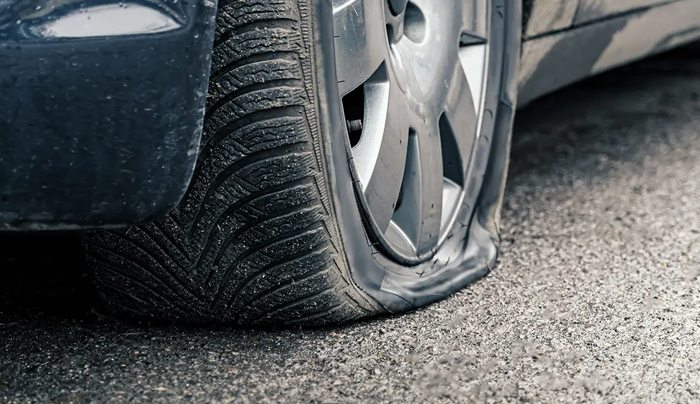
A tyre burst, sometimes referred to as a blowout, is an abrupt and quick loss of tire air pressure. This can be very risky because it can result in the car losing control and even an accident.
What Happens When a Tyre Bursts?
The pressurized air inside a tire explodes quickly, frequently with a loud crash. This may lead to the tyre coming apart entirely, exposing the rim. The car becomes more difficult to manage when there is a sudden drop in air pressure because the afflicted corner loses its traction on the road.
Why Do Tyre Bursts Occur?
Many things can cause a tire to burst, but some of the most common are:
- Improper tire inflation: Underinflated tyres are prone to heat accumulation and tension, which can erode the rubber and cause a blowout. Tires that are too inflated run the danger of breaking more easily and becoming brittle.
- Tire Damage: Cuts, punctures, and other forms of tire damage can weaken its structure and increase the likelihood of a blowout.
- Overloading: Placing more weight on the tyres than the vehicle can support can cause heat buildup and blowouts.
- High Speeds: Driving at fast speeds increases the danger of a tire rupture because it generates excessive heat in the tires, especially in hot weather.
- Manufacturing Defects: On rare occasions, flaws in the production process may be the reason for tire explosions.
Handling a Tyre Burst
Staying calm and taking the appropriate actions will help you restore control and reduce your chances of an accident. This is what you should do:
- Hold the Wheel Steady
- Gradually Slow Down
- Signal and Pull Over
- Secure the Vehicle
- Assess the Situation
Warning Signs to Watch Out For:
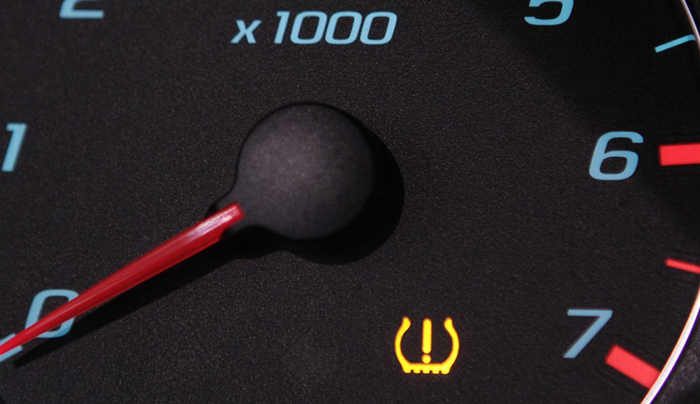
- Loss of air pressure: Check your tire pressure frequently and note any observable drop in pressure.
- Vibrations: Severe vibrations in the steering wheel or throughout the car may be a sign of imbalanced or damaged tires.
- Uneven tire wear: uneven tread wear patterns, such as feathering or cupping, might be a sign of alignment problems or worn-out suspension parts, which can impose excessive pressure on the tires.
- Cracks or bulges: Serious warning signs, bulges, or cracks on the tire's sidewall need to be fixed right away by a trained mechanic.
- Unusual noises: Tyres that make squealing, grinding, or thumping sounds could be damaged or not inflated properly.
How to Avoid Tire Bursts?
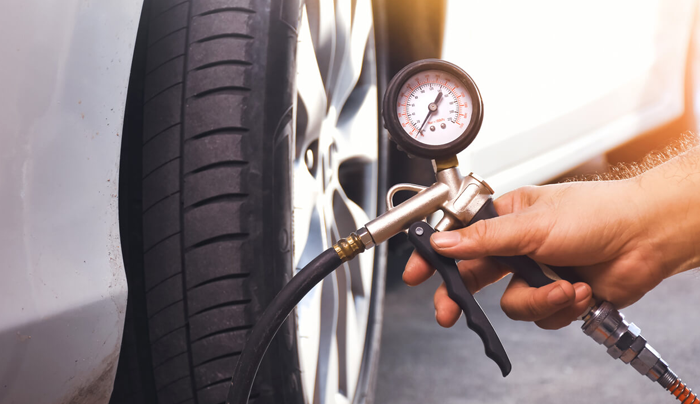
Here are some important tips to keep those valuable rubber circles in good condition:
Tyre Maintenance:
The most important guideline is to inflate properly! Overinflated tyres become fragile and more likely to shatter, while underinflated tires produce excessive heat.
Using a trustworthy gauge, check the pressure in all of your tires(including the spare) regularly and adjust it to the manufacturer's suggested levels while considering the weather.
Visual Inspection:
Inspect your tyres thoroughly before each trip. Examine the area for any wounds, holes, protrusions, asymmetrical wear, or embedded items. These can weaken the tire's structure and raise the possibility of a blowout.
Tyre rotation and balancing:
Get your tyres rotated and balanced by the guidelines provided by the manufacturer. By ensuring regular wear and tear, blowouts and premature aging are avoided.
Wheel Alignment:
Improper wheel alignment results in uneven tyre wear, causing extra strain on particular regions and raising the possibility of blowouts. Regularly have your wheel alignment examined and adjusted.
FAQ
Why do tyres burst in summer?
Summer heat raises air pressure inside tires, leading to expansion and potential blowouts. Underinflation and worn tires worsen the heat buildup, increasing the risk of bursts.
Can a tubeless tyre burst?
Yes, tubeless tires can still burst under certain conditions, such as:
- Underinflation
- Overloading
- High speeds
- Tire damage
How frequently should I check the pressure in my tyres?
The recommended frequency for checking your tire pressure at least once a month, before long trips, after significant temperature changes, and if you suspect issues.



